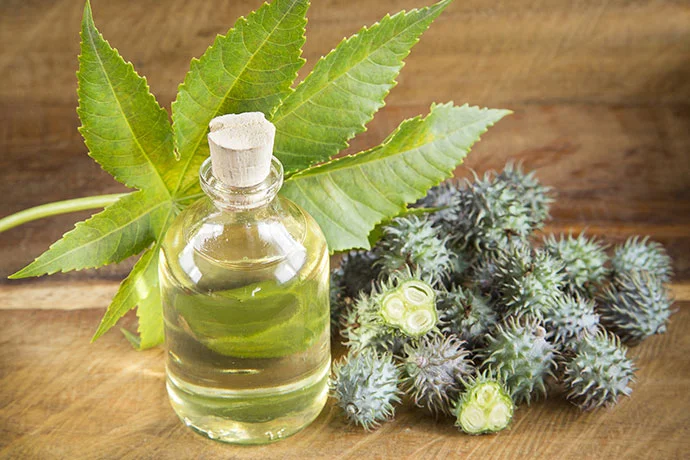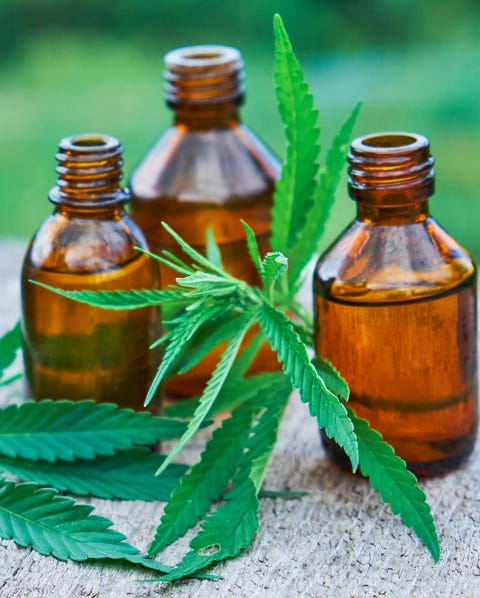Ingredients
Olive Oil: Soap has anti-inflammatory effects and is non-irritating to the skin. It helps to gently clean even the most sensitive skin including skin abrasions, rashes and even sunburns. Olive Oil Soap is known to provide relief to skin conditions like eczema and psoriasis.

Coconut oil: soap is an excellent moisturizer for both the skin and the hair. The properties of the coconut oil also help remove dead skin cells and dirt away from the body. The oils also help prevent or reduce acne. It also helps firm up your skin helps you look younger as the soap is rich in antioxidants.

Castor oil: added to a soap recipe results in a stable lather that is low, dense, and creamy. What it does do is add moisturizing qualities to soap. Though it's thick and sticky straight out of the bottle, it is easily absorbed by the skin.

Hemp Oil: Anti-inflammatory and anti oxidant. Added to a soap bar, these properties help maintain healthy skin and contribute to overall well being. When added to a topical cleansing bar, CBD Oil can combat acne by reducing over activity of the sebaceous glands.

Shea Butter: moisturizes pores without clogging them. It is all natural so no side effects or harsh reactions on babies or those with sensitive skin. Provides natural protection from UV radiation. Resists eczema, psoriasis and dermatitis. Gradually fades scars away, soothes burns.

Cocoa butter: is also rich in natural plant compounds called phytochemicals. These substances may improve blood flow to the skin and slow skin aging by protecting against damage from the sun's harmful UV rays. One common use of cocoa butter is to smooth scars, wrinkles, and other marks on the skin.

Why Is Lye Used in Making Soap?
The short answer is that you simply can't make soap without lye. If a product doesn't begin with lye, it's a detergent, not a soap or a shampoo. That doesn't mean that some skin care products aren't made without lye, but they don't always do the same job or have the same benefits as soap.
The longer answer is that soap is the result of a reaction that occurs when you mix lye with liquid. Lye, which has a scientific name of sodium hydroxide, reacts when it is properly mixed; the process of mixing and causing this reaction is called saponification.

Distilled water: is a type of purified water that has had both contaminants and minerals removed. ... Distillation boils the water, and then condenses the steam back into a liquid to remove impurities and minerals. Deionization removes salt and other mineral ions (molecules) from water.
